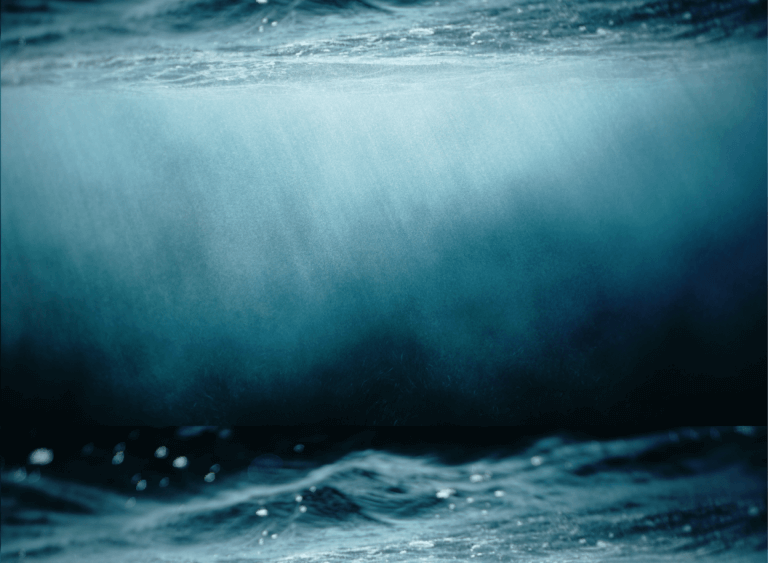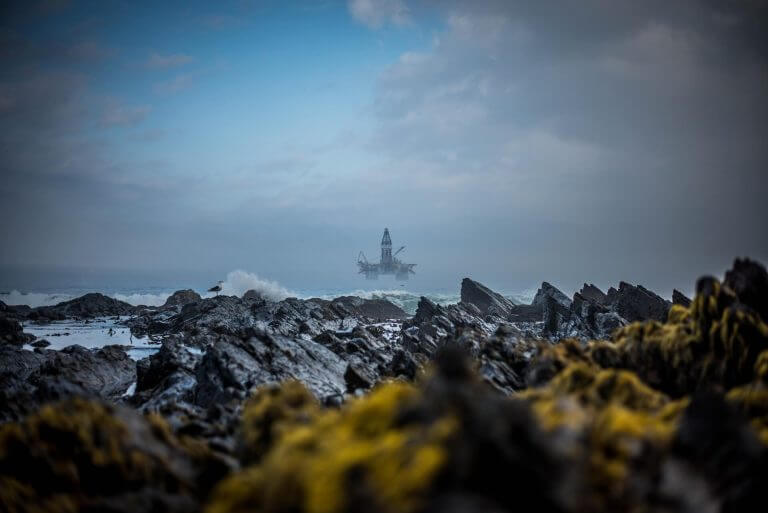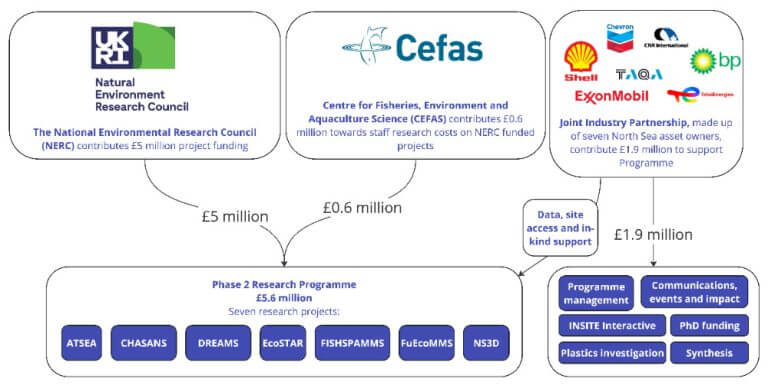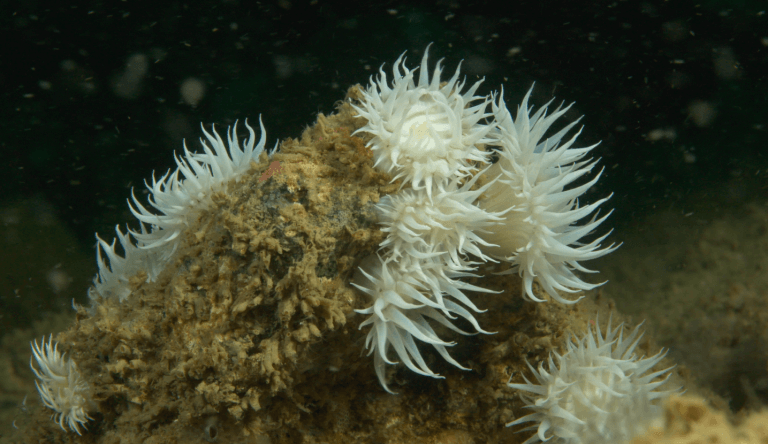The administration of the programme is led by Howell Marine Consulting as Programme Director.
An estimated 30,000 km2 of the marine environment worldwide is host to manmade infrastructure and recent studies have shown that in addition to structural changes at these sites the abundance and diversity of sea-life is also modified.
After a successful foundation phase of research, the INSITE Programme is committed to developing a deeper understanding of the impact and role of man-made structures in the marine environment, specifically that of the North Sea.

The goal of the programme is to improve scientific knowledge of the effects of man’s activity on the ecology of the North Sea.
Some 98.5 percent of the North Sea is characterised by a sandy and muddy seabed, in contrast to the greater proportion of hard substrate (or rocky bottom) that existed in the past and is believed to have supported greater biodiversity of the marine ecology.
Man-made structures such as offshore platforms, pipelines and renewable energy installations are thought to have a role in increasing biodiversity, but research on this has previously been limited.

The INSITE programme is funded by the Natural Environment Research Council (£5 million) and the Centre for Environment, Fisheries and Aquaculture Science (£0.6 million), and is sponsored by an industry partnership of North Sea asset operators (£1.9 million).

The latest news and updates from INSITE.

INSITE, the independent science programme examining the effects of manmade structures on the ecology of the North Sea, is launching a series of free webinars.

A new podcast explores the growing interest in and research about man-made structures in the North Sea.
We regularly publish updates on the projects that are directly funded by the Programme and other related research. If you would like to be kept up to date, sign up for our Connections newsletter.